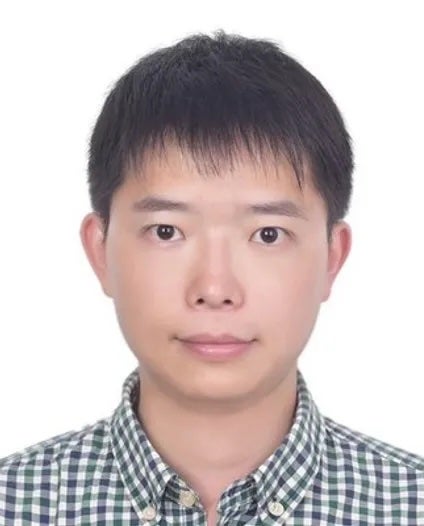6/17/2025
The Tang laboratory applies a wide range of approaches such as live-cell imaging, single-cell genomics, and biochemistry to study the mechanisms of complex genome rearrangements in cancers, developmental disorders, and…
6/17/2025
Hematopoietic stem cells produce multiple blood cell types and replenish themselves through a self-renewal process. As with all cells, hematopoietic stem cells accumulate somatic mutations with age. While most mutations…
6/17/2025
Our research focus is to understand the structure and function of unusual DNA sequences in living cells, and how these sequences cause genome instability and lead to human diseases. Human…
6/17/2025
The genomic DNA of eukaryotes is packaged into chromatin through a fundamental repeating unit known as the nucleosome. In this chromatin environment, our genomic DNA is constantly exposed to a…
6/17/2025
Analysis of the role of TGIFs during development. TGIF proteins are transcriptional repressors, which regulate TGFβ signaling and have been suggested to repress retinoid regulated gene expression. Mutations in human TGIF…
6/17/2025
6/17/2025
My research primarily focuses on t the genetic/molecular epidemiology of cancer and the human microbiome. My past and current research have discovered novel genetic variants, polygenic risk scores, epigenetic biomarkers,…
6/17/2025
How gene expression is regulated in chromatin is a fundamental question in molecular biology. The transcription program is a major determinant of cell identity; transcriptional regulation is involved in many…
6/17/2025
Protein abundance and post-translational modifications (PTMs) are tightly regulated to control cellular activities and developmental processes. Dysregulated protein function, either through abnormal protein levels or PTMs, disrupts normal cellular activities…
6/17/2025










